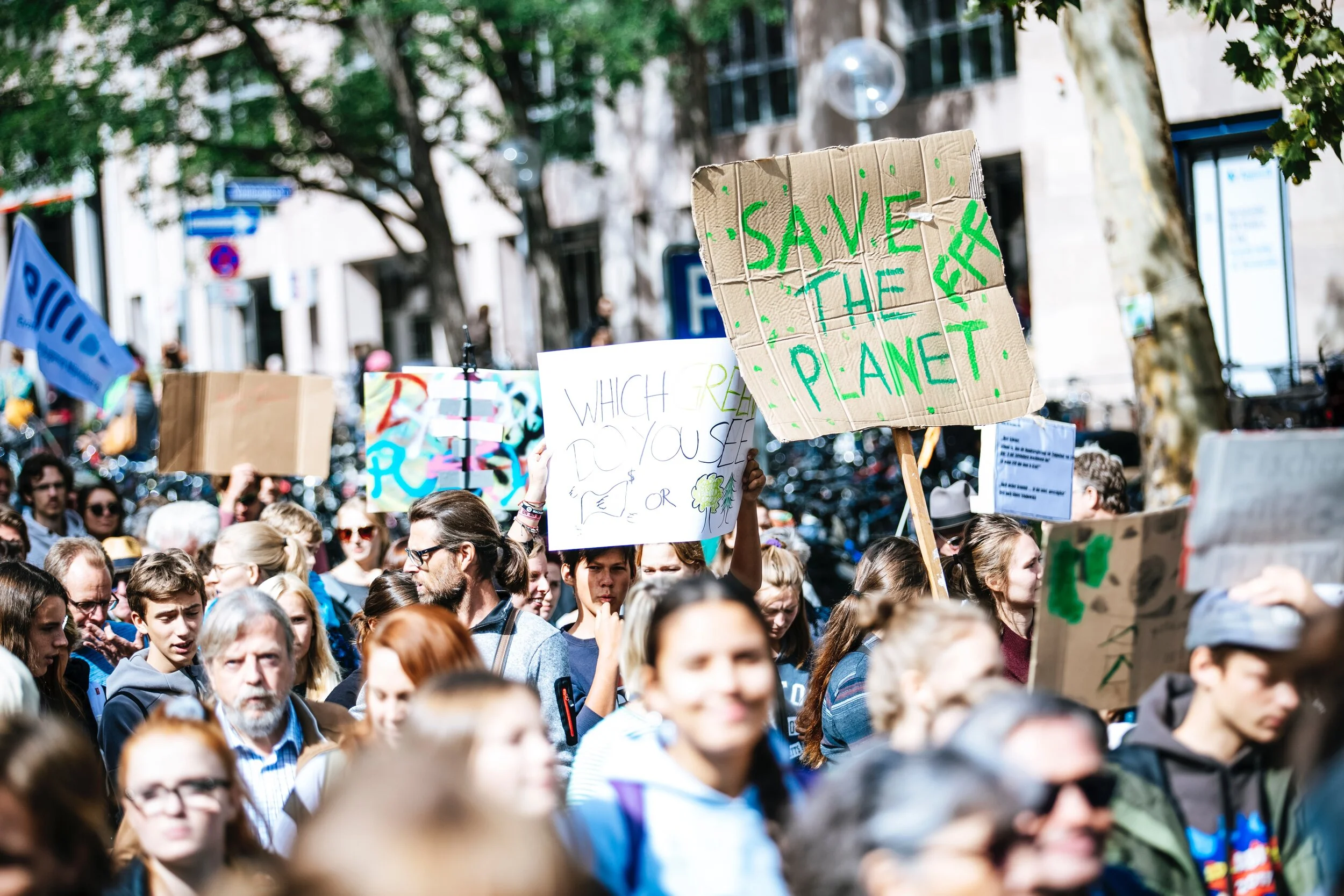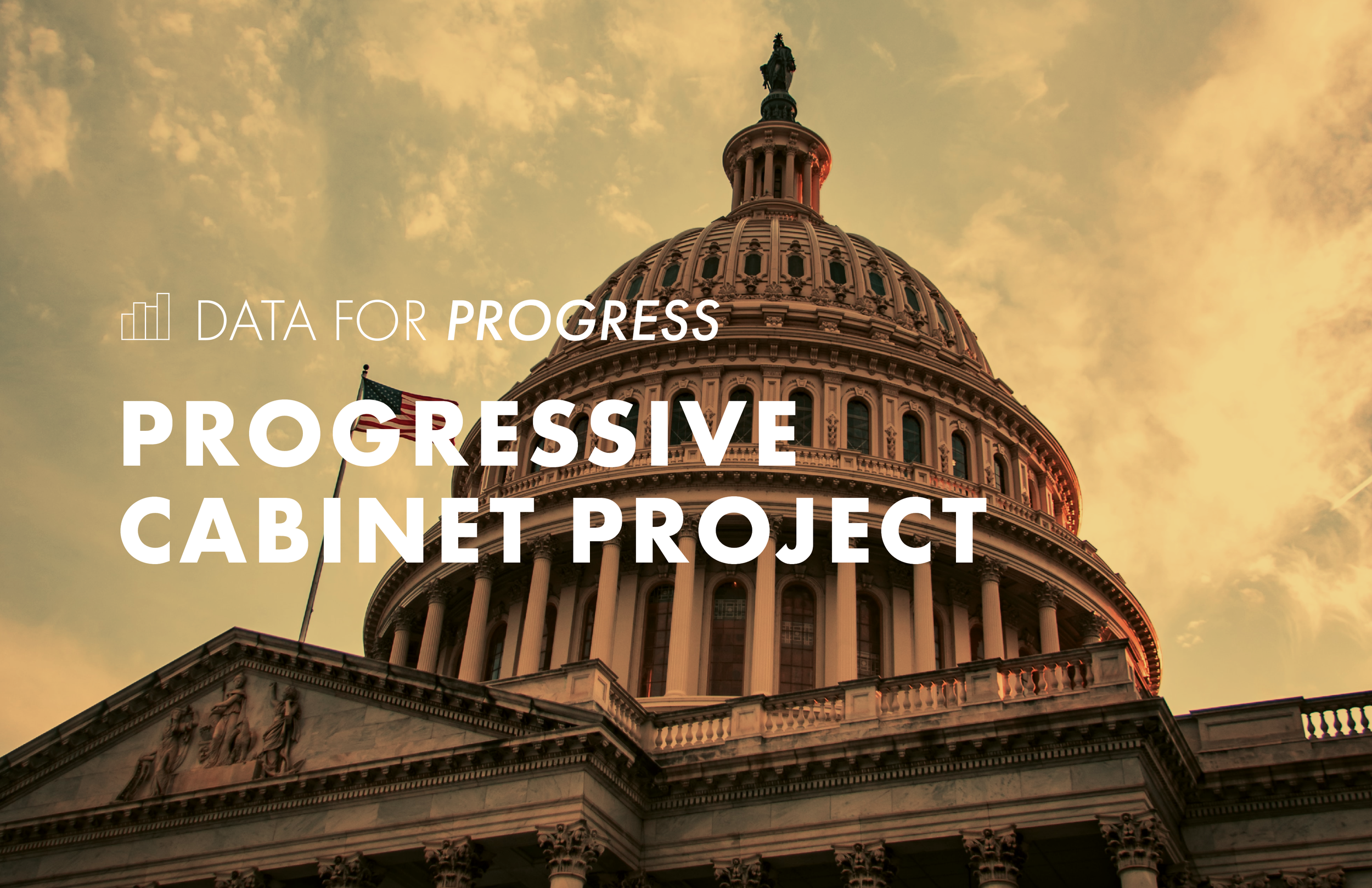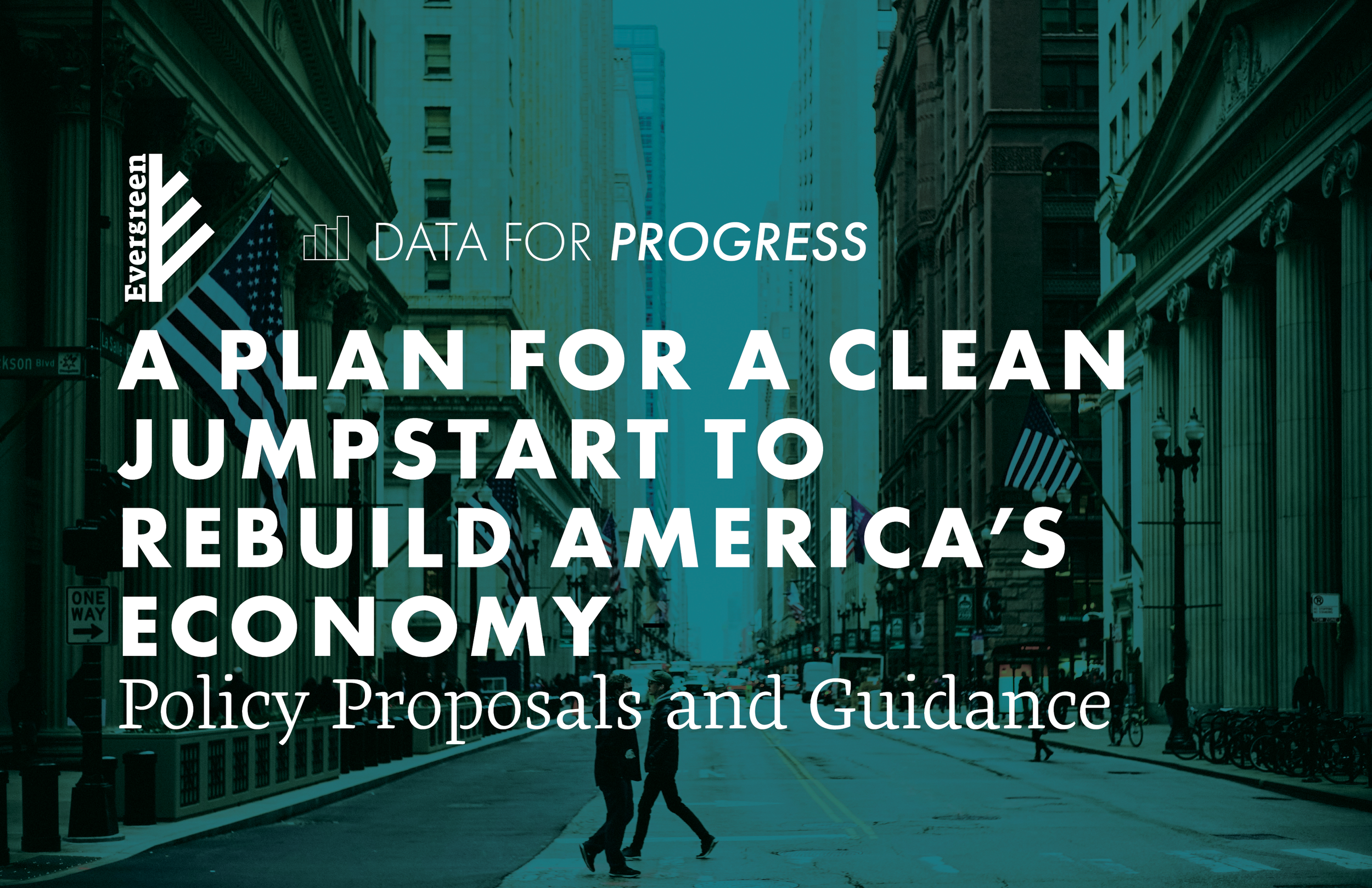Memo: What Americans Think about Worker Power and Organization - Lessons from a New Survey
By Alexander Hertel-Fernandez Associate Professor of International and Public Affairs, Columbia University; Fellow, Data for Progress
Executive Summary
The coronavirus pandemic has led to an unprecedented public health and economic crisis. But it also represents a crisis of worker voice. As recent labor protests and strikes have made clear, many essential workers are being asked to return to jobs where they have little or no control over their pay and working conditions. Meatpackers, warehouse workers, food deliverers, grocery store clerks, and health care aides are all having to choose between unemployment or low-wage jobs that put themselves, their customers, and their families at risk of coronavirus infection. Yet the pandemic only exacerbated longstanding inequalities in workplace standards: well before the coronavirus outbreak, many American workers lacked the voice they wanted from their jobs, including input over pay, benefits, and work routines.
To better understand how Americans are thinking about worker power and organization in the coronavirus era, this memo summarizes results from a new survey of 1,181 likely voters. Several important conclusions emerge about Americans’ support for worker power and organization relevant for possible reforms to labor law and campaigns to build worker power:
They illustrate strong support for boosting worker voice across the political spectrum, including strong support for pro-worker policies.
They also reveal substantial worker interest in joining traditional unions.





